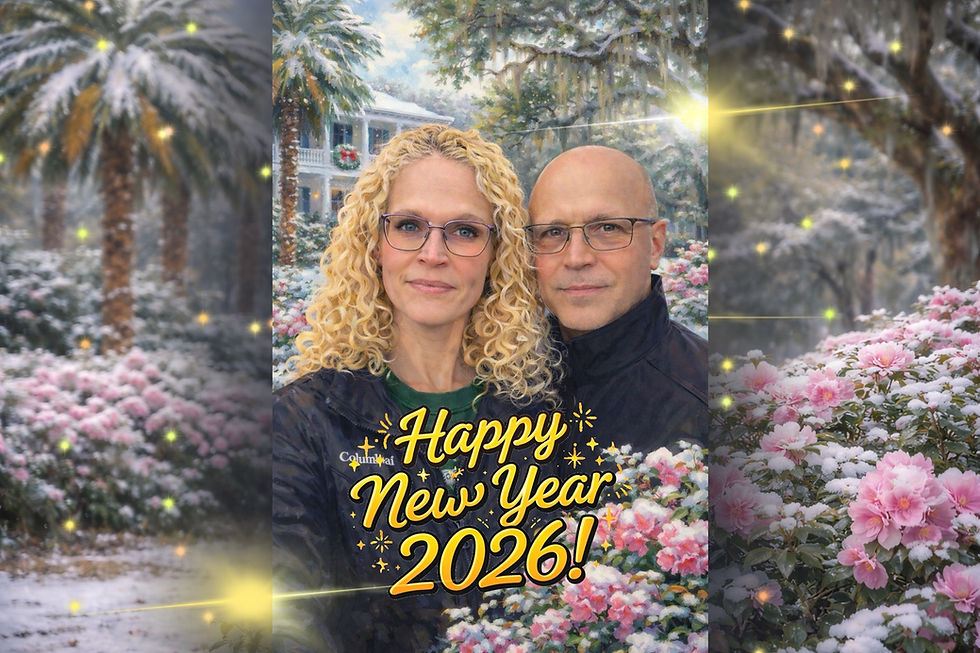Disagreeing Without Drama — Culture Beyond Gaslighting
- Melanie Troxell

- Nov 4, 2025
- 2 min read

“What makes relationships great isn’t the absence of conflict; it’s the ability to resolve it peacefully.”
That one sentence captures the maturity most teams spend years trying to build.
Because when conflict happens—and it will—how people handle it reveals the truth about your culture.
Gaslighting, manipulation, and drama aren’t just personal dysfunctions; they’re communication strategies built on fear. They create smoke instead of clarity. A toxic communicator shifts blame, distorts truth, or hides behind half-statements and emotional fog. It sounds like “That’s not what I said,” “You’re overreacting,” or “I was just joking.”
But the result is always the same: confusion, mistrust, and self-doubt.
Healthy disagreement, by contrast, shines light. It assumes everyone deserves clarity and respect. It sounds like: “I see that differently.” “Can we look at what led us here?” “That’s not how I experienced it—help me understand what you’re thinking.”
There’s no need for fear, because honesty is welcome.
Great teams don’t avoid disagreement—they use it.
They see conflict as an opportunity to strengthen connection, refine thinking, and grow trust. Team safety isn’t built by pretending everything’s fine; it’s built when people know they can disagree and still belong.
⸻
The Friend Who Defends You—Even Against You
Every leader needs that kind of friend:
The one who protects your reputation when you’re not in the room—but also loves you enough to confront you when you’re wrong.
They’ll say, “She didn’t mean it that way,” when someone misinterprets your tone…
and later say, “You were a little sharp today. Everything okay?”
That’s relational safety. That’s culture with courage.
Healthy teams become those kinds of friends to each other. They defend the people they love—but also the truth they live by. They don’t let gossip grow in the corners, and they don’t let pride drive the conversation. They communicate with both loyalty and honesty, which means they can handle hard feedback without fear.
⸻
Conflict Isn’t the Enemy
Gaslighting destroys culture because it turns communication into competition. Everyone’s trying to win the argument instead of solve the problem.
But disagreement handled well does the opposite—it strengthens unity through respect.
Leaders who model calm disagreement teach their teams that truth doesn’t require volume.
They remind everyone that culture isn’t measured by how often we agree, but by how we act when we don’t.
The real enemy isn’t conflict—it’s distortion. Gaslighting erodes culture from the inside out.
It takes honest tension and turns it into mistrust. Emotionally mature leaders do the opposite—they name reality gently, invite perspective, and keep communication grounded in truth. Because when clarity replaces control, communication becomes what it was meant to be: connection.
🎧 Listen to the podcast: https://open.spotify.com/episode/6DXRH1g2dukihnttNAS80t?si=oBLHvRnrRYCy76i2W8j57A









Comments